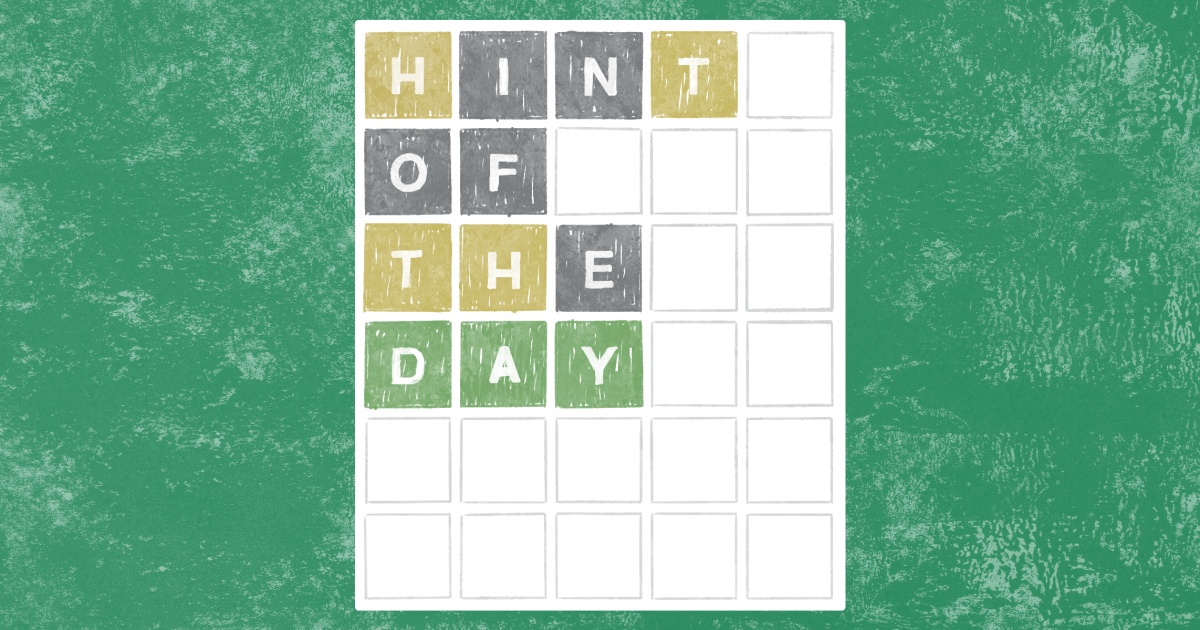Space is among the five EU countries that are going to Participate in a project to verify the age of Internet users And that aims to Online minors protection. The other four countries are France, Italy, Denmark and Greece, as confirmed by the European Commission.
This project will be carried out in the midst of increasing the growing concern worldwide about the impact that social networks have on the mental health of children and adolescents. The configuration of the age verification application that they will test has its base in the same technical specifications as the European identity portfolio, which will be deployed next year.
The five countries that will participate in their test can customize the base model with which they will have the requirements established for the country. In addition to using it as is independently, they can also integrate it into a national application of their own.
In addition to confirming this test, the European Union has also published guides for online platforms to take measures to protect minors, as part of the compliance with regulations of the EU digital services law that must be followed.
This law, which applied in 2024, requires that platforms such as Google, Meta, Tiktok networks and other companies that act online take more measures to combat illegal and harmful content online. There are currently several of these networks (X, Tiktok, Facebook and Instagram), as well as content pages for adults under investigation of EU regulators to establish whether or not they comply with the DSA.
EU regulators have indicated that these new standards will help online platforms address addictive design, online bullying, harmful content and contacts with unwanted strangers. And according to the head of the EU at the technology level, Henna Virkkunen, «The platforms have no excuse to continue with practices that put children in danger«.
Virkkunen has also pointed out that the European Union already has plans to climb this pilot project. The members will therefore receive various custom implementation strategies so that they can publish age verification apps located at the beginning of next year 2026.












